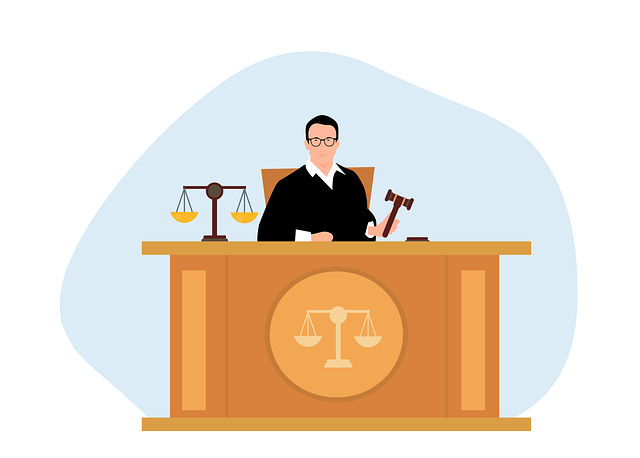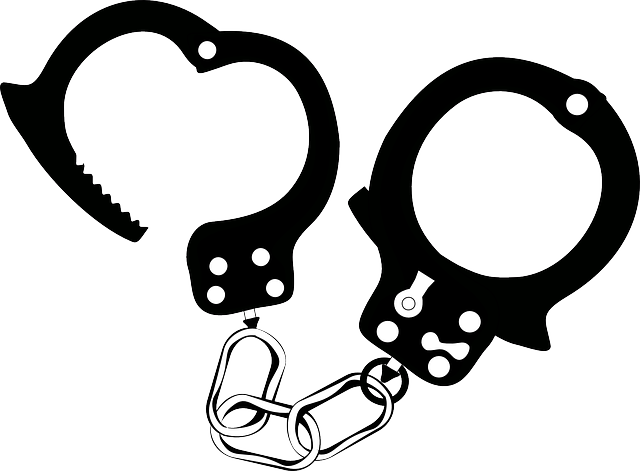Personal injury claims require strategic gathering of robust evidence, including medical records, witness statements, and incident documentation, to establish liability and strengthen cases. The type and amount of evidence vary by case, with digital documents and expert opinions crucial in white-collar or economic crime cases. Meticulous investigation and comprehensive documentation are vital for successful outcomes, leading to just settlements or verdicts. Lawyers must navigate HIPAA privacy concerns and obtain accurate medical records, which can significantly impact case outcomes. A well-organized body of evidence enhances claim success, especially in high-stakes cases.
In navigating healthcare legal issues, understanding personal injury claims through a legal lens is paramount. This article delves into the intricate details of evidence required for successful personal injury cases, focusing on the medical aspect. We explore the role of evidence in proving liability and the specific types needed to strengthen your claim. Additionally, we address challenges in gathering medical records and provide expert strategies to enhance case outcomes, offering valuable insights for individuals navigating healthcare legal complexities. Key keywords: Evidence Needed for a Personal Injury Claim.
- Understanding Personal Injury Claims: A Legal Perspective
- The Role of Evidence in Proving Liability
- Types of Evidence Required for Successful Claims
- Challenges in Gathering and Presenting Medical Records
- Strategies to Strengthen Your Case: Tips from Legal Experts
Understanding Personal Injury Claims: A Legal Perspective

Personal injury claims are a significant legal domain within healthcare, focusing on compensating individuals for injuries suffered due to another party’s negligence or intentional acts. When navigating such cases, understanding the legal process and identifying the necessary evidence is paramount. The key lies in establishing liability, which requires a thorough investigation of the incident and the respective business practices involved.
To strengthen a personal injury claim, several pieces of evidence are crucial. This includes medical records detailing the extent of injuries, witness statements providing an accurate account of the events, and any relevant documentation related to the incident. Additionally, in cases where liability is contested, gathering proof to avoid indictment and potential jury trials becomes essential. The goal is to present a compelling case that ensures fair compensation for the injured party without unnecessary legal complications.
The Role of Evidence in Proving Liability

In personal injury claims, establishing liability is a complex process that heavily relies on robust evidence. The role of evidence in proving liability cannot be overstated; it serves as the cornerstone upon which such cases are built. To successfully navigate through legal proceedings and secure justice, plaintiffs must present compelling proof that definitively links the defendant to the alleged harm. This includes medical records detailing the injury, eyewitness accounts, expert opinions, and any relevant physical evidence. The court will meticulously scrutinize these pieces of evidence to determine whether they paint a clear and convincing picture of negligence or intentional wrongdoing on the part of the accused.
The type and amount of evidence needed for a personal injury claim can vary widely depending on the specific circumstances. For instance, in cases involving white-collar defense strategies, where allegations might be more nuanced, an unprecedented track record of successful outcomes could hinge on the presentation of detailed financial records, expert analyses, and persuasive legal arguments. Conversely, more straightforward cases may rely primarily on immediate medical responses, emergency room reports, and direct witness testimonies to establish liability and secure a complete dismissal of all charges.
Types of Evidence Required for Successful Claims

In personal injury claims, the evidentiary landscape is crucial for achieving favorable outcomes. Winning challenging defense verdicts often hinges on robust and compelling evidence that substantiates the plaintiff’s case. This includes medical records detailing injuries and treatments, eyewitness accounts providing a clear sequence of events, and expert opinions validating the cause and extent of damages. For instance, in cases involving white-collar and economic crimes, financial documents, emails, and other digital evidence can be instrumental in proving liability and quantifying losses.
The quality and quantity of evidence needed for a successful claim cannot be overstated. Achieving extraordinary results necessitates a thorough investigation, meticulous documentation, and the ability to present a coherent narrative that persuades juries or judges. Lawyers must be adept at gathering and interpreting this evidence to build strong cases that lead to just settlements or verdicts.
Challenges in Gathering and Presenting Medical Records

Gathering and presenting medical records is a critical yet complex process in personal injury claims. These records serve as essential evidence needed to substantiate injuries, establish causation, and quantify damages. However, navigating this aspect can be challenging due to various reasons, including patient privacy concerns under HIPAA regulations, the need for consent, and potential record discrepancies or loss over time.
Lawyers representing plaintiffs in high-stakes cases must ensure they obtain accurate and complete medical records to build a strong case. This often involves coordinating with healthcare providers, insurance companies, and sometimes even employing specialized services for record retrieval. Presenting these records effectively during legal proceedings, especially when facing a challenging defense, can significantly impact the outcome, potentially leading to winning verdicts for his clients.
Strategies to Strengthen Your Case: Tips from Legal Experts

When navigating healthcare legal issues, particularly in personal injury claims, a strong case hinges on robust strategies and thorough preparation. Legal experts emphasize the importance of gathering compelling evidence to support your claim. This includes medical records detailing the nature and extent of injuries, as well as any treatments or procedures required. Testimonies from medical professionals who have treated the patient are also invaluable, providing insights into the standard of care expected in similar situations.
Additionally, experts suggest documenting all relevant interactions with healthcare providers, insurance companies, and other parties involved. This includes correspondence, emails, and any communications that could shed light on liability or the extent of damages. In high-stakes cases, especially those with an unprecedented track record of achieving extraordinary results, presenting a comprehensive and well-organized body of evidence can significantly strengthen your case.
In navigating healthcare legal issues, particularly personal injury claims, understanding the intricacies of evidence presentation is paramount. This article has explored key aspects, from grasping the legal framework surrounding personal injury cases to recognizing the vital role of evidence in proving liability. It has delved into the specific types of evidence required for successful claims, emphasizing documentation and medical records as essential components. Moreover, practical strategies have been offered to strengthen cases, including tips from legal experts on overcoming challenges in gathering and presenting medical records. Armed with this knowledge, individuals can better navigate their rights and seek just compensation, ensuring the evidence needed for a personal injury claim is robust and compelling.






